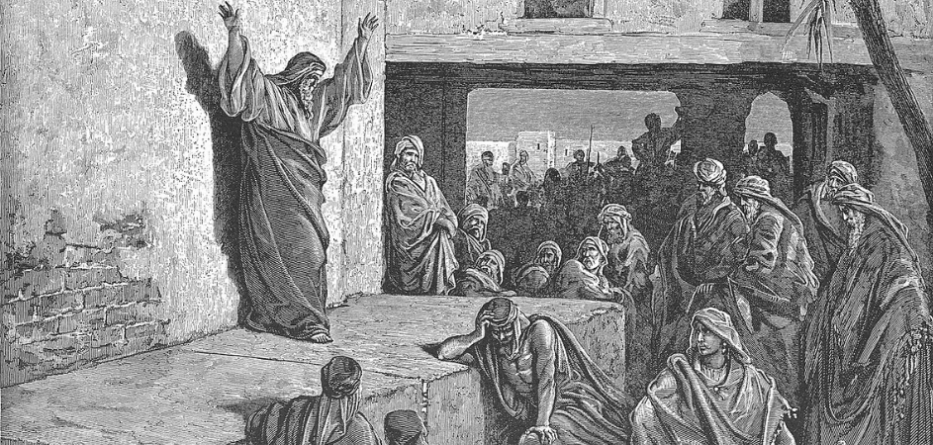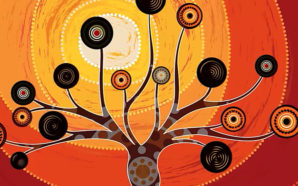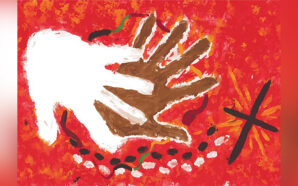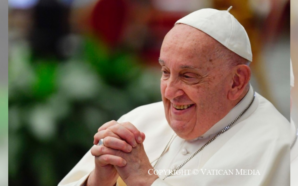Homily for the 4th Sunday of Advent
Readings: Micah 5:1-4; Psalm 79; Hebrews 10:5-10; Luke 1:39-44
Reflecting on the dreadful circumstances of God’s people during the 8th century BC, the prophet Micah was one of those prophets who brought a message of hope to his listeners during the time of the Babylonian exile in the 6th century BC. He was joined by Isaiah, Amos and Hosea. Looking for hope during the time of exile, these four prophets looked back to the events back home when the Assyrians were on the warpath, when their destruction seemed all but inevitable. The Assyrians were ruthless vanquishers. According to the second book of Kings, Isaiah sent a message to the people’s king Hezekiah assuring him that his prayers in relation to Sennacherib king of Assyria had been heard. Yahweh assured Hezekiah that the king of Assyria would not enter the city which would be protected. An angel of Yahweh went out that night and struck down 185,000 men in the Assyrian camp. It was a wanton, indiscriminate slaughter. The Assyrian threat was not all that confronted God’s people. ‘Prophets, priests and judges accepted bribes; merchants cheated; Canaanite cults were used alongside the Yahwistic ones.’[1] These were very grim times as they have been during this present era in the Middle East. Think only of the most recent revelations coming out of Syria.
Listen to the full homily on Sound Cloud.
In today’s first reading, Micah acknowledges that for the moment, during a time of exile, the Lord has abandoned his people. But there is hope. A woman is to give birth to a son in Bethlehem; he will rule over Israel; his origin will go back to the distant past.
‘He will stand and feed his flock
With the power of the Lord,
With the majesty of the name of his God.
They will live secure, for from then on he will extend his power to the ends of the land.
He himself will be peace.’
The Advent message is that in the midst of despair, there is hope. We all live in a broken world. But with faith we can discern the signs of hope.
During the week, all eyes were on Syria with the collapse of the awful Assad regime. Last Sunday, for the first time in years, Christians were able to worship freely in Syria. Mind you, the victors were mainly Islamic groups led by Hayat Tahrir al-Sham (HTS), so religious tolerance is not assured. Maronite Archbishop of Aleppo, Joseph Tobjie has told Vatican News: [2]
‘The HTS group has made promises to respect all communities, including minorities, and so far, their actions are aligned with their words. They treat us Christians with respect, and there is no form of persecution at present. I cannot be too optimistic nor too pessimistic. We must walk prudently, observing how the situation evolves daily. We Christians cannot stand by as spectators. After decades of totalitarian rule, where others made decisions for us, we must now find our voice and contribute to building a civil and democratic state that respects all people. We are not well-prepared for political engagement. For over 50 years, we were silenced and sidelined. But now is the time to rise to the challenge. We must lay the foundations for a state rooted in the common good, one that guarantees the dignity and rights of all citizens.’
Addressing the role of Christian hope, Archbishop Tobjie said: ‘We are a resilient people. We have survived 13 years of war, earthquakes, the pandemic, and famine. It is not that we are used to catastrophe—no one can ever get used to such pain—but our faith sustains us. In these darkest moments, people often ask, “Where is God?” Our task is to stand close to the people, to strengthen their faith, hope, and charity. God is with us, even in our suffering. We Christians have a role to play. We are called to be a balancing force in this new political landscape, contributing to a society that respects everyone and offers hope to future generations.’
Approaching Christmas, let’s carry that fragile hope expressed by Archbishop Tobjie together with the enormous challenge to establish peace where none has been for so long. Let’s place ourselves in the joyful gospel scene where the two pregnant mothers greet each other with joy and expectation. Elizabeth’s message to Mary is one for all believers confronting adversity: ‘Blessed is she who believed that the promise made her by the Lord would be fulfilled.’ Concluding our Advent season, let’s keep hope alive in those dark recesses around us where injustice and intolerance are the order of the day. Let’s keep an eye out for those glimmers of hope – like the glint in the eye of the joyfully expectant Mum or the delight of the one who receives an unexpected visit of love and support. And let’s pray for all the people of Syria that this might indeed be a new dawn, and not another descent into violent chaos.
[1] Leo Laberge, ‘Micah’ in The New Jerome Biblical Commentary, Geoffrey Chapman, 1989, p. 249
[2] See https://www.vaticannews.va/en/church/news/2024-12/maronite-archbishop-tobje-aleppo-interview-syria-christians.html
Fr Frank Brennan SJ is serving as part of a Jesuit team of priests working within a new configuration of the Toowong, St Lucia and Indooroopilly parishes in the Archdiocese of Brisbane. Frank Brennan SJ is a former CEO of Catholic Social Services Australia (CSSA). Fr Frank’s latest book is An Indigenous Voice to Parliament: Considering a Constitutional Bridge, Garratt Publishing, 2023 and his new book is ‘Lessons from Our Failure to Build a Constitutional Bridge in the 2023 Referendum’ (Connor Court, 2024).








